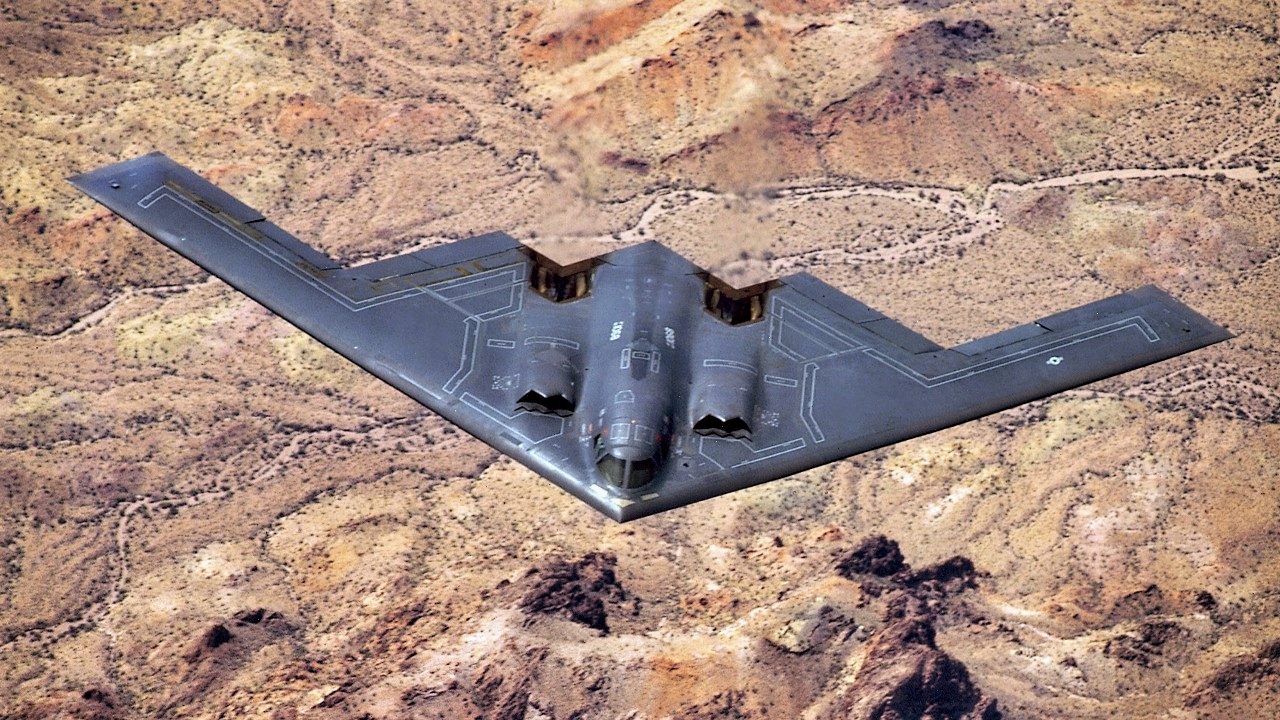Key Points and Summary on Iran Nuclear Program – The United States and its key European allies have issued a high-stakes ultimatum to Iran, demanding a new nuclear deal be reached by the end of August.
-If Tehran fails to comply, the Western powers have agreed to trigger the “snapback” mechanism, which would reimpose all pre-2015 UN sanctions.
-The move, timed to preempt Russia’s upcoming presidency of the UN Security Council, has been met with a defiant counter-threat from Iran, which has warned it will respond by enriching uranium to 90% weapons-grade levels and potentially exiting the Nuclear Non-Proliferation Treaty.
Rubio: Iran Must Agree To Nuclear Deal Or Face “Snapback”
U.S. Secretary of State Marco Rubio agreed during a phone call with British, German, and French foreign ministers that Iran must agree to a new nuclear deal by the end of August or face new sanctions.
The agreement gives Tehran only weeks to agree to new terms regarding its nuclear ambitions or face a return to pre-2015 sanctions imposed by the United Nations Security Council.
In the event that Iran doesn’t play ball, the foreign ministers agreed that they will trigger a “snapback” mechanism that would automatically reimpose all of the sanctions that were lifted under the 2015 Joint Comprehensive Plan of Action (JCPOA).
Before the deal, the UNSC imposed a series of escalating sanctions on Iran in response to its nuclear program. Resolution 1737 from December 2006 banned the supply of nuclear-related technology and materials, froze assets of key individuals and organizations involved in Iran’s nuclear and missile programs, and established a Sanctions Committee to monitor compliance.
Resolution 1747 from March 2007 then banned Iranian arms exports, expanded asset freezes, and urged states to avoid making financial transactions that might support Iran’s nuclear program.
Later sanctions, imposed gradually up until 2010, included the banning of uranium mining, an arms embargo, and the authorization of states to inspect Iranian ships and aircraft and seize banned items.
Why So Soon?
Expecting Iran to agree to new terms in the space of just six weeks is ambitious but necessary.
The longer Western nations wait, the more time Iranian officials have to assess the damage done to the nation’s three main nuclear facilities, make plans to recover enriched uranium – if that is indeed possible – and make deals to procure new military hardware.
The U.S., Germany, France, and U.K. are also reportedly preparing to trigger the snapback mechanism before October 2025, when Russia – a key ally of Iran – will assume the presidency of the United Nations Security Council.
How They’ll Do It
If Iran refuses to engage in good-faith discussions with Western leaders ahead of the new August deadline, the triggering of the snapback mechanism doesn’t necessarily mean an end to negotiations.
The implementation of pre-2015 sanctions, many Western leaders believe, could force Iran back to the negotiating table.
Tehran, however, argues that the sanctions are not legal and has promised to withdraw from the Nuclear Non-Proliferation Treaty if they are reimplemented.
However, according to reporting by Axios, European leaders are preparing to inform Iran that the sanctions can be avoided as long as they take steps to prove their willingness to make a deal. It means that Iran doesn’t actually have to agree to new conditions by the August deadline, but must instead prove that they are prepared to make a deal.
According to Axios, Tehran could be asked to remove the 400 kg of enriched uranium from its nuclear sites or resume cooperation with the International Atomic Energy Agency.
About the Author: Jack Buckby
Jack Buckby is a British author, counter-extremism researcher, and journalist based in New York. Reporting on the U.K., Europe, and the U.S., he works to analyze and understand left-wing and right-wing radicalization, and reports on Western governments’ approaches to the pressing issues of today. His books and research papers explore these themes and propose pragmatic solutions to our increasingly polarized society. His latest book is The Truth Teller: RFK Jr. and the Case for a Post-Partisan Presidency.
The Best Tanks on Earth
AbramsX: The Tank the US Army Wants
